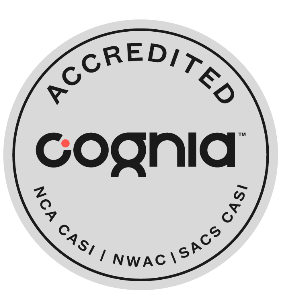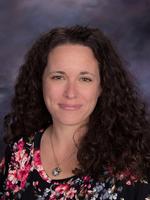Canyons District is bracing for the possible emotional impacts of the second season of the teen drama “13 Reasons Why.”
The first season of “13 Reasons Why,” released last spring, caused some concern among CSD educators and teachers, who were caught by surprise at the uptick in students asking for counseling help after the teens binge-watched the Netflix series that traded heavily in such mature themes as sexual assault, drug use, and suicide.
To the end of being prepared for the show’s launch date, school counselors and school psychologists in Canyons District have been sent guidance from the National Association for School Psychologists. Tips for parents and students also are included in the information from the national organization.
While the producers of the popular show have been tight-lipped about the show’s release date, the District is striving “to get out in front of it rather than two weeks late,” said Tori Gillett, Canyons’ School Counseling Program Specialist.
“We definitely want to encourage parents to be aware of the show and its mature themes,” Gillett said, adding that the inaugural season of the show, which is produced by pop star Selena Gomez and based on a young-adult novel of the same name, “evoked a lot of emotions, especially in the students who are most vulnerable.”
While it’s important to have conversations about the issues faced by the teenaged characters in the much-Tweeted-about episodes, Gillett said, it’s equally vital to have “appropriate safeguards” in place to support young viewers who struggle with the frank topics of the show. The second season is not expected to be any less stark, with previews showing a possible school shooting.
To be sure, parents can decide what’s best for their own families, but mental-health professionals, including those in CSD’s student-support programs, caution against binge-watching, especially if the students are watching the show alone.
The District wants students to know there are many caring adults in their lives who want to help. “We should have open dialogues,” Gillett said. “We want students to know there are people out there who care about them and are willing to listen.”
Where can students or parents go if they need extra supports? School counseling centers can help both students and parents who are looking for information about this or any other issue that is prompting challenging emotions. Of course, if a student needs help immediately, they can turn to the SafeUT mobile app for all-day and all-night access to licensed clinicians from the University of Utah.
Guide for Families
- Ask your child if they have heard or seen the series “13 Reasons Why.” While we don’t recommend that students be encouraged to view the series, do tell them you want to watch it, with them or to catch up, and discuss their thoughts.
- Raising the issue of suicide does not increase the risk or plant the idea. On the contrary, it creates the opportunity to offer help.
- Ask your child if they think any of their friends or classmates exhibit warning signs. Talk with them about how to seek help for their friend or classmate. Guide them on how to respond when they see or hear any of the warning signs.
- Listen to your children’s comments without judgment. Doing so requires that you fully concentrate, understand, respond, and then remember what is being said. Put your own agenda aside.
- Get help from a school-employed or community-based mental health professional if you are concerned for your child’s safety or the safety of one of their peers.
Source: National Association for School Psychologists





